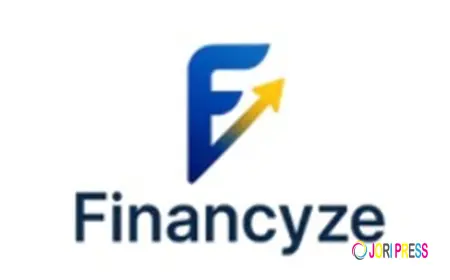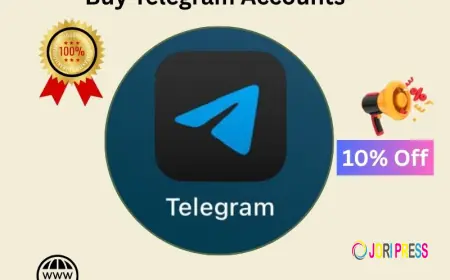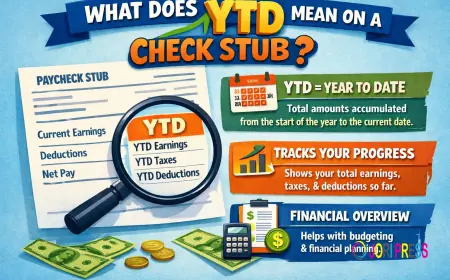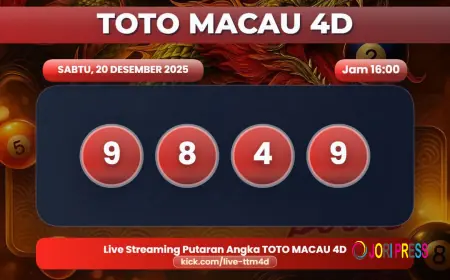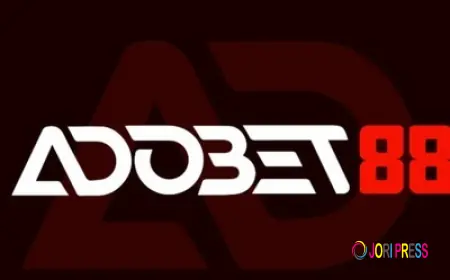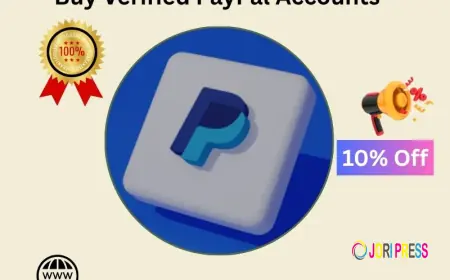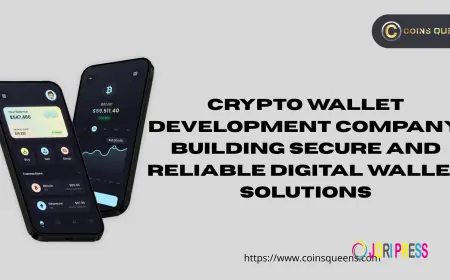How Does Real Estate Tokenization Work and Why Is It Important?
Learn how real estate asset tokenization is revolutionizing property investment. Discover how property tokenization works, the technology behind it, key benefits, challenges, and why it’s becoming the future of global real estate.
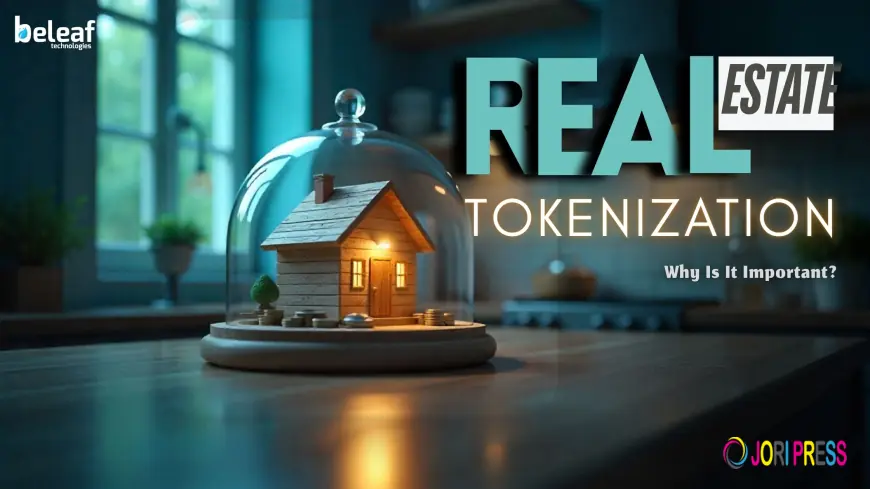
Table of Contents
Introduction to Real Estate Asset Tokenization
Understanding Property Tokenization
How Real Estate Tokenization Works
Benefits of Property Tokenization
Challenges in Real Estate Asset Tokenization
Steps to Get Started with Tokenized Properties
The Future of Property Tokenization
Conclusion
Introduction to Real Estate Asset Tokenization
Real estate asset tokenization is changing the way people invest in property. Traditionally, buying a property required a lot of money, paperwork, and time. Most small investors could not afford to own valuable properties, and even those who could had to deal with slow and complicated processes.
With property tokenization, ownership of a property can be split into digital tokens. Each token represents a small fraction of the property, so multiple investors can own a part without buying the entire building. These tokens are recorded on a secure blockchain, which makes transactions safe and transparent. Investors can buy, sell, or trade their tokens on digital platforms, making real estate more flexible and accessible to everyone.
Understanding Property Tokenization
At first, property tokenization might seem complicated, but it’s actually quite straightforward. Imagine taking a property and dividing it into small, digital pieces that investors can own each piece represents a share of the property.
The process begins with selecting a property, whether it’s a residential apartment, commercial building, or piece of land. Once chosen, the property’s ownership is split into digital tokens. Each token gives investors a portion of the property, along with proportional rights to any income, profits, or value appreciation it generates.
Before these tokens are offered to investors, legal compliance is ensured to protect everyone involved. Since laws differ between countries, platforms need to make sure tokenized properties meet all local property and digital asset regulations. Once compliance is confirmed, the tokens are made available on secure platforms where investors can buy, sell, or trade them.
This system allows investors to own a share of valuable properties without needing the full purchase price upfront. For smaller investors, it’s a way to enter the real estate market, which was once mostly reserved for wealthy buyers. At the same time, property owners can unlock liquidity from their assets without having to sell the entire property.
The Technology Behind Real Estate Tokenization
Property tokenization relies on blockchain technology, which acts like a digital ledger for real estate ownership. Each token represents a share of a property, and all ownership records are securely stored on the blockchain. This makes the system highly transparent, as every transaction is visible and cannot be altered.
Smart contracts play a key role in automating the process. They handle token transfers, profit distribution, and other transactions automatically, reducing mistakes and speeding up operations.
Overall, blockchain and smart contracts together provide a secure, trustworthy, and efficient framework. Investors can be confident that their tokenized properties are safe, and property managers can streamline operations without relying on complicated paperwork.
Benefits of Property Tokenization
Property tokenization comes with several advantages that make real estate investing easier and more accessible:
-
Fractional Ownership: Investors can own a portion of high-value properties without needing to pay the full price upfront.
-
Better Liquidity: Unlike traditional real estate, property tokens can be easily bought, sold, or traded on digital platforms.
-
Global Access: Investors from anywhere in the world can participate without being physically present.
-
Transparency and Security: Blockchain ensures that ownership records are safe, clear, and verifiable.
-
Lower Barriers: Tokenization reduces paperwork, eliminates middlemen, and simplifies the entire investment process.
These benefits make real estate asset tokenization appealing to both small and large investors. It opens doors for more people to invest in properties that were previously limited to wealthy buyers.
Challenges in Real Estate Asset Tokenization
Even though property tokenization has many advantages, there are a few challenges that investors should be aware of:
-
Regulatory Differences: Rules for digital assets vary by country, which can make compliance confusing or complicated.
-
Technology Learning Curve: Blockchain platforms may seem difficult for beginners who are new to digital investments.
-
Slow Adoption: Some investors and property managers may be cautious and take time to fully trust tokenization.
-
Valuation Challenges: Figuring out the exact value of tokenized properties can sometimes be tricky.
-
Platform Security: Not all property tokenization platforms offer the same level of reliability and security.
Despite these challenges, the property tokenization market is steadily growing. As regulations become clearer and technology improves, it is becoming safer and easier for investors to participate.
How Investors Can Get Started
Investors interested in property tokenization should begin with research. Look for reliable platforms offering real estate asset tokenization, and ensure compliance with local property and digital asset laws. Start small with fractional investments and gradually increase your exposure. Tracking token performance and market trends will help investors make informed decisions and reduce risks.
The Future of Property Tokenization
As blockchain technology improves and regulations become clearer, more investors are likely to explore property tokenization. Predictions include wider adoption of tokenized properties, integration with decentralized finance (DeFi) for lending and trading, and global market expansion, enabling investors to access opportunities previously limited by geography or cost. Property tokenization is set to make real estate investing more flexible, inclusive, and transparent.
Conclusion
Real estate tokenization is changing the way investors access and manage real estate. By allowing fractional ownership through property tokenization, more people can invest in high-value properties, enjoy liquidity, and access global markets.
While challenges such as regulatory uncertainty, technology barriers, and valuation issues exist, the advantages far outweigh them. Tokenization opens doors for smaller investors, reduces intermediaries, and simplifies property transactions.
Partnering with trusted real estate tokenization companies ensures legal compliance, secure technology, and efficient management of tokenized properties. Real estate asset tokenization is not just a passing trend it is shaping the future of property investment, making it more accessible, transparent, and digital-friendly than ever before.
What's Your Reaction?
 Like
0
Like
0
 Dislike
0
Dislike
0
 Love
0
Love
0
 Funny
0
Funny
0
 Angry
0
Angry
0
 Sad
0
Sad
0
 Wow
0
Wow
0


